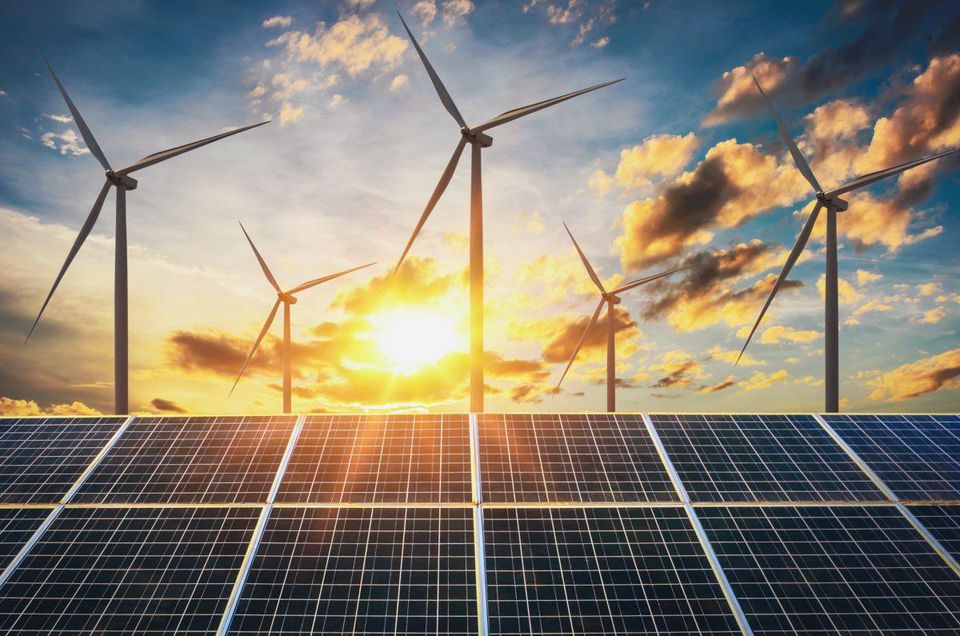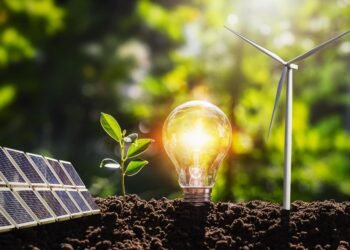The Institute for Energy Security (IES) has appealed to government to help explore the idea of offering renewable energy bonds as well as establishing a green bank if it is truly committed to adding renewable energy to the country’s energy mix and helping the industry get access to cheaper power.
In a statement by the Institute, it said it believes the way government could spur the green or clean energy agenda is to offer renewable energy bonds. It explained that by so doing, it will help to overcome difficulty with borrowing availability from international markets and the excess capacity in the power sector.
Moving on to establishing green bonds, the IES said that this, when done could whip-up investor appetite in the green revolution agenda, particularly renewable energy, and put the country on course to achieving a cleaner, modern and cheaper energy in line with international protocols.
The institute also believes this will lend credence to efforts at protecting the environment and tackling the climate crisis.
It said that, “Ghana must be among the first countries in the sub-region to introduce the concept of a ‘green bank’. The Institute for Energy Security proposes that in the 2021 economic policy of government, there should be strong statement indicating Ghana’s resolve to go ‘green’ and fund the ‘green revolution.”
The IES added that, it wants the country to pay more attention to straightening the regulatory framework in order to allow commercial banks become change agents for project financing in the renewables space. And banks could participate as a single lender, several lenders or syndicates if the space is properly streamlined.
The IES also lamented that, “In Ghana, there have been attempts by the previous and current governments to create an enabling investment climate for renewable energy by introducing several policies and regulatory measures, including the Renewable Energy Act 2011 (Act 832). However, gaps within the existing renewable energy regulatory framework continue to slow down private investment in the sector.”
The institute also proposed that, other options the country could use to revitalise its green agenda would be to adopt the concepts of revolving credit, term loans, standby letters of credit and performance bond bridge loans.

It further advocated that, “These credit facilities are familiar with most commercial banks in Ghana, and they have the expertise to support the private sector or an international partner in the renewable energy sector.”
The idea of green bank is not new because developed countries have already established these banks with clear emphasis on supporting the development of green energy. Germany wants to lead the green recovery, and is prepared to spend to reach there.
The European country, as part of its US$145 billion recovery budget, has allocated some US$46 billion to sustainable investments in areas like renewable power and electric vehicles. The European Union has pledged to spend 25 percent of its budget on climate action. Similarly, South Korea has also made sizeable green commitments, with many other nations working on putting the green agenda at the forefront of their post-COVID activities.




















